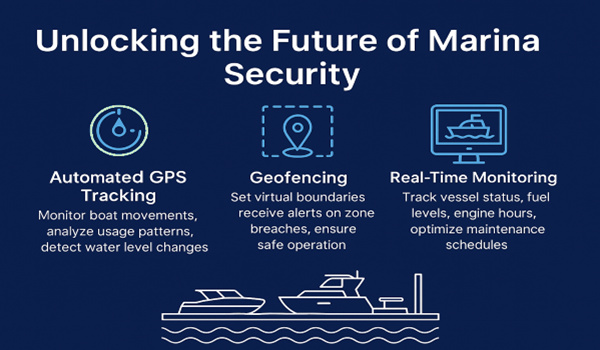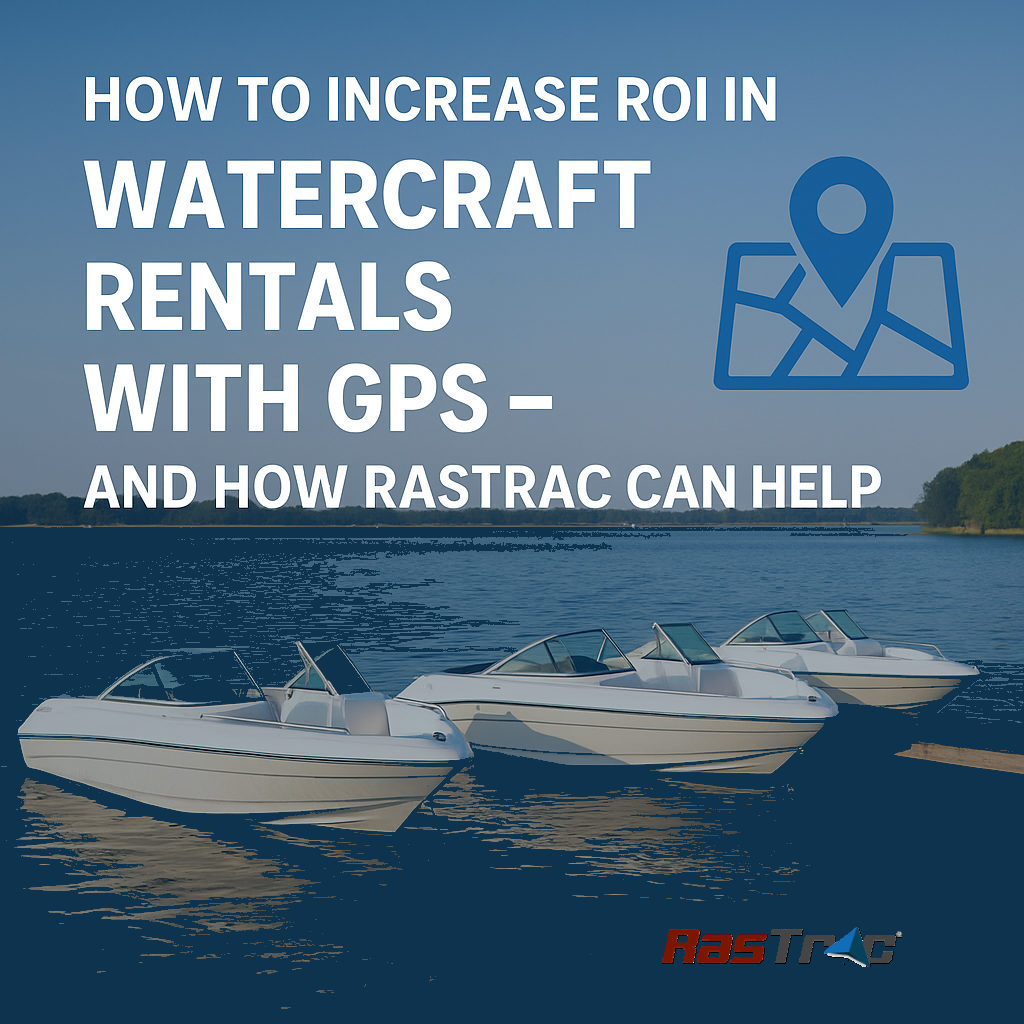- 12741 Research Blvd. Suite 500 Austin, TX
- sales@rastracmarinevision.com
- (877) 680-1188
Resale value plays a significant role in the TCO (total cost of ownership) equation regarding marina fleet vehicles. In this post, we’ll dive into the factors that influence a vehicle’s resale value and how specific makes and models tend to hold their value better over time. Understanding these factors can help readers make wise choices that protect their investment in the long run.
In the dynamic realm of maritime operations, where efficiency and cost-effectiveness reign supreme, the intrinsic concept of resale value for marina fleet vehicles emerges as a pivotal consideration. As the maritime industry navigates through evolving technologies, environmental concerns, and economic fluctuations, assessing a vessel’s resale value emerges as a critical benchmark of fiscal prudence and strategic decision-making.
This article delves into the multifaceted realm of marina fleet vehicle resale value, elucidating its determinants, significance, and the methodologies employed to maximize returns on these substantial investments. By unraveling the intricate interplay between vessel specifications, market trends, and operational factors, stakeholders can chart a course that bolsters their bottom line and propels their maritime endeavors toward long-term prosperity.
Resale value, often referred to as “residual value” or “resell value,” pertains to the estimated monetary worth of an asset, typically a product or property, at the point in time when the owner decides to sell or dispose of it. In the context of marina fleet vehicles, resale value signifies the anticipated price a vessel is expected to command in the secondary market, considering factors such as its age, condition, specifications, brand reputation, market demand, and prevailing economic conditions.
This value is an essential metric for evaluating the overall cost-effectiveness and financial prudence of acquiring and maintaining marina fleet vehicles, as it directly influences the return on investment and the long-term financial sustainability of maritime operations. High resale value indicates a well-maintained, sought-after asset that can offset a significant portion of the initial purchase price when it comes time to upgrade, replace, or divest.
The resale value of marina fleet vehicles is influenced by many factors that collectively determine the market’s perception of their worth. Understanding these factors is crucial for optimizing investment decisions and long-term financial planning. Here are the key determinants:
GPS tracking and geofencing can help maximize the resale value of marina assets by enhancing various aspects that potential buyers and investors consider when evaluating a vessel’s worth.
First, GPS tracking systems can provide real-time data on a vessel’s location, speed, and operational status. This information enables owners and operators to closely monitor the vessel’s usage patterns and identify any abnormal behavior that might indicate mechanical issues. By promptly addressing maintenance needs, vessels can be kept in optimal condition, boosting their resale value. They also often integrate with maintenance management software, allowing for the creation of comprehensive maintenance records. These records provide a clear history of the vessel’s upkeep and any repairs performed. Such records demonstrate responsible ownership and meticulous maintenance practices, positively impacting resale value.
GPS tracking can accurately log usage hours, crucial information for assessing a vessel’s wear and tear. GPS data can be used as evidence of low usage hours and a well-preserved vessel, potentially increasing its resale value. Buyers are much likelier to trust sellers who provide verifiable data regarding a vessel’s history. All the data related to the vessel can show the buyer just how fuel-efficient and well-maintained it has been over time and provides valuable transparency, to the point that it can even help to predict future maintenance needs based on usage patterns and performance data.
Incorporating GPS tracking technology into maritime vessel operations can yield substantial benefits beyond maintenance and security. By providing actionable insights, verifiable data, and a transparent history, GPS tracking systems contribute to a vessel’s overall value proposition, positioning it favorably in the resale market.

Rastrac complements any organization-wide quality assurance program and can help their fleet become the model for operational superiority.
Rastrac helps clients make improvements in processes, organization, financials, communications, and technology. Clients that have taken advantage of Rastrac’s ability to provide solutions tailored to their business are in a wide variety of industries. Rastrac can help you find a solution, too.
We’d love to discuss how we can help you.







